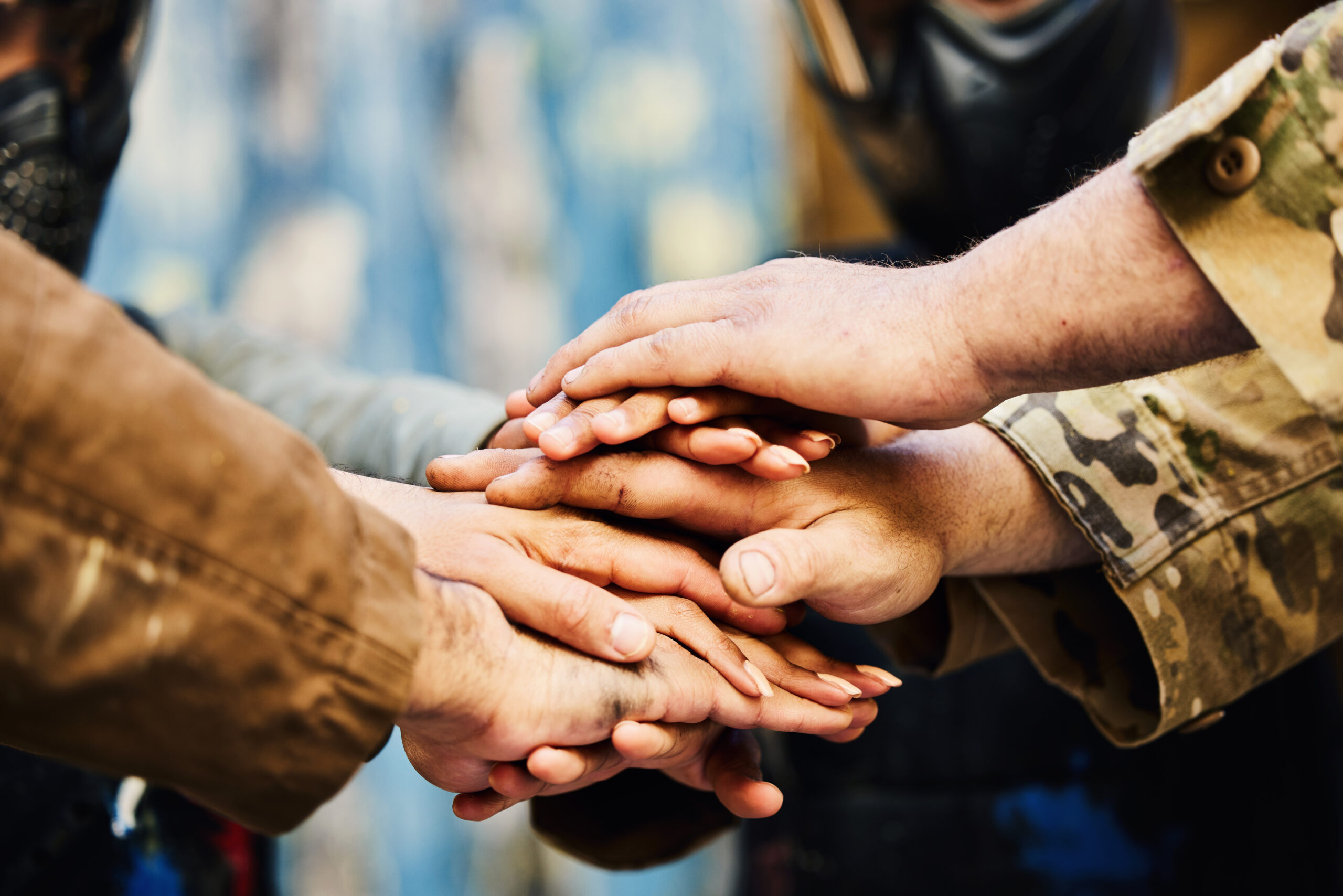Written by: Hannah Bradford
Recent studies indicate that feeling a sense of social connection with others is an important factor in preventing loneliness (Hutten et al., 2021). Loneliness is a common phenomenon that can contribute to an array of mental and physical health problems among different age groups. The most prominent mental health concerns associated with loneliness include anxiety and depression. People who experience depression can sometimes have a lack of interest in social engagement, which may lead to cycles of loneliness (Hutten et al., 2021).
Research has also demonstrated that social support altogether serves as a protective factor against mental health concerns. Specifically, the way an individual perceives their social connectedness has a clear effect on their experience of loneliness (Hutten et al., 2021).
The lifestyle that military service members experience creates many opportunities for loneliness. Whether it’s being away from family members for extended periods, repeatedly moving and rebuilding support systems, or a lack of belonging within civilian communities, many factors can contribute to reduced social support in military service members.
In service member populations, social support is considered fundamental for individual well-being and mental health (Barr et al., 2025). Within the military, two specific domains of social support contribute to positive psychosocial outcomes.
- Unit Cohesion: Military members usually work within a unit or a team of people who serve together. When service members perceive high levels of camaraderie within the group, they are likely to feel welcome to seek and offer support to each other. These members are also more likely to seek mental health support when needed as compared to service members with less perceived unit cohesion (Barr et al., 2025).
- External Relationships: Supportive relationships outside of the military unit, including family and friends, are a significant factor in the well-being of service members (Barr et al., 2025). Specifically, romantic partners play a key role in contributing to service members’ perceived social support and positively affect mental health support-seeking (Barr et al., 2025).
When supporting military service members, it is crucial to remember the importance of promoting social connectedness within military and civilian contexts. Both unit cohesion and supportive external relationships are associated with greater social connectedness and perceived support, leading to more positive mental health outcomes for military members.
If you work with military service members experiencing loneliness, visit https://www.militaryonesource.mil/resources/millife-guides/support-for-loneliness/ for a detailed resource guide that incorporates tips and resources for building social support networks and seeking help.
Military families located on or near a military installation can also visit https://installations.militaryonesource.mil/search?program-service=26/view-by=ALL and search for their installation to find Military Family Support Centers.
OneOp resources around connection and community:
Podcast Episodes –
- Being Present With Your Strengths| Mindfulness practice and character strengths practice have been shown to improve well-being. This episode continues the conversation about character strengths, a strengths-based approach to identifying the positive traits behind our thinking, feeling, and behavior. https://oneop.org/learn/being-present-with-your-strengths-s-5-ep-22/
- Letting Go to Make Room for Growth| Holding space refers to the act of being fully present with someone else without judgment or distraction so that the person can share their experiences and perspective. https://oneop.org/learn/letting-go-to-make-room-for-growth/#trans
- Learning From Each Other| In this practicast, Bob Bertsch shares a practice to help us take control of our learning and begin to build a knowledge network. https://oneop.org/learn/learning-from-each-other-s-5-ep-4/
- Strengthening Military Community Connections with Amy Rodick| This episode discussed the importance of community connections and how service providers and families can contribute to a stronger Military Family Readiness System. https://oneop.org/learn/strengthening-military-community-connections/
- The Welcome Wagon: Cultivating a Welcoming Environment| Discover practical ways to create more welcoming environments in your personal and professional life. https://oneop.org/learn/the-welcome-wagon/
Resource Page –
- Connecting Communities in Asset-based Community Recovery| Inspired by the Asset-based Community Recovery (ABCR) Framework, this resources page helps recognize opportunities to take action to create a more resilient future for ourselves and our communities. https://oneop.org/connecting-communities-in-asset-based-community-recovery/
References:
Hutten, E., Jongen, E. M. M., Vos, A. E. C. C., van den Hout, A. J. H. C., & van Lankveld, J. J. D. M. (2021). Loneliness and mental health: The mediating effect of perceived social support. International Journal of Environmental Research and Public Health, 18(22), 11963-. https://doi.org/10.3390/ijerph182211963.
Barr, N., Petry, L., Fulginiti, A., Arora, A., Cederbaum, J., Castro, C., & Rice, E. (2025). Who Supports the Troops? Social Support Domains and Sources in Active Duty Army Networks. Armed Forces and Society, 51(1), 3–21. https://doi.org/10.1177/0095327X231182907.
Image Source: Adobe Stock – 580032082; M Einero/peopleimages.com












